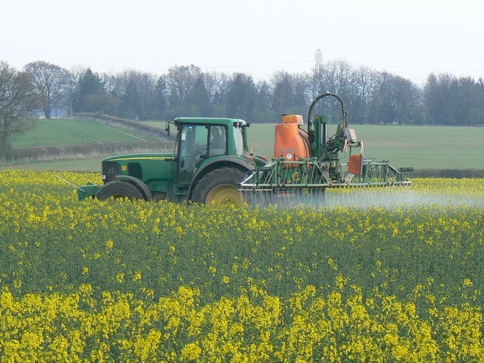The first multi-generational study looking at the impacts of cerium oxide nanoparticles on plant growth has found that plants are more vulnerable to toxic nanoparticles if their parents were grown in contaminated soil.
The study by Ma et al. over three generations of plants found that exposure to cerium oxide nanoparticles lowered the quality of the plant’s seeds; slowed plant growth; and reduced yield and biomass. The offspring plants also exhibited more signs of stress than the parent plants even though they were grown under the same conditions.
These findings are significant since the use of nanomaterials in agriculture is growing dramatically.
This study adds to a growing body of evidence that the presence of nanoparticles in soils and agricultural chemicals present real risks that must be assessed.
Despite this, the use of nanomaterials in agricultural chemicals is not regulated. The claim by our agricultural chemicals regulator – the Australian Pesticides and Veterinary Authority (APVMA) – that there is no evidence of the use of nanomaterials in Australia because no one has applied for regulatory approval is untenable. The APVMA has made no effort to determine if nanomaterials are actually in use here.
The use of nanomaterials in consumer products is also growing rapidly and studies suggest that 25 per cent of these end up in soils due to the disposal of biosolids onto agricultural land.
This is concerning, since studies have shown that nanomaterials can potentially harm beneficial soil microorganisms, plants, nematodes and earthworms and prevent nitrogen fixation. In Australia, we produce approximately 300,000 dry tonnes of biosolids annually. Approximately 55 per cent of this is applied to agricultural land.
Friends of the Earth Australia is calling for an immediate moratorium on the use of nanomaterials in agricultural chemicals, pending full safety assessments, and the establishment of our own nano-register in order to allow the tracking of these materials through the food chain.


